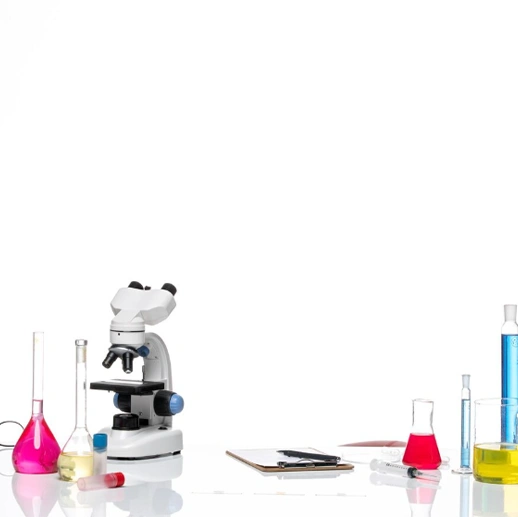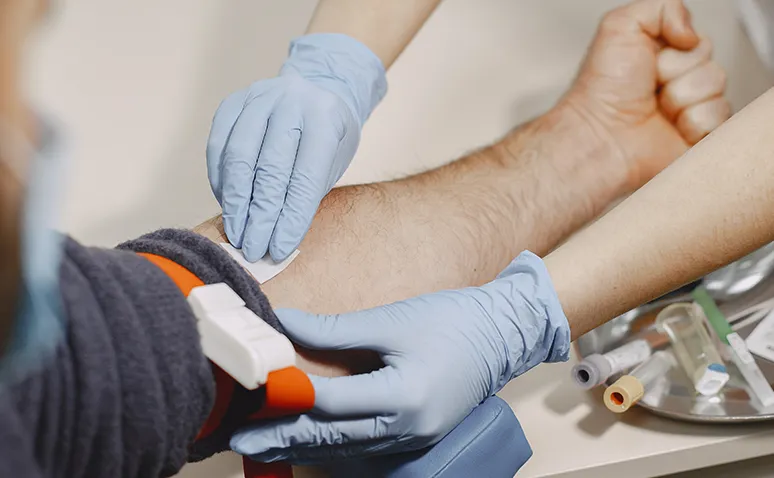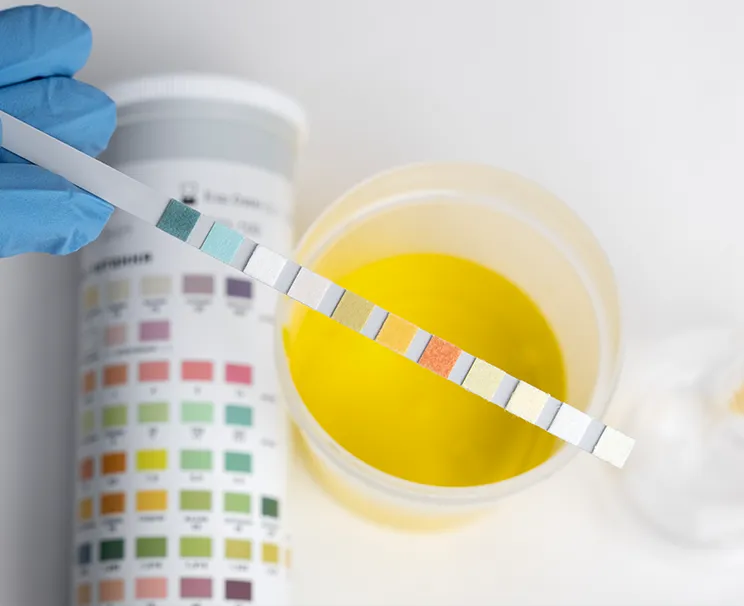Biochemistry laboratory is a testing environment used to analyze chemical substances in body fluids. In these laboratories, samples taken from blood, urine, and other body fluids are examined to diagnose diseases, evaluate responses to treatment, and monitor overall health. Biochemistry tests are used to assess many important health parameters such as kidney functions, liver enzymes, electrolyte balance, blood sugar levels, and lipid profiles.
Biochemistry laboratory plays a critical role in diagnosing conditions such as diabetes, kidney diseases, liver disorders, and metabolic syndrome. These tests are of great importance for detecting diseases early and planning treatment processes. Additionally, biochemical analyses are frequently used to monitor the effectiveness of drug therapy and potential side effects. Laboratory results provide physicians with detailed information about their patients’ health status, helping in making accurate diagnoses and treatment decisions.
Biochemistry Laboratory Tests
Biochemistry laboratory tests play an important role in assessing overall health, monitoring organ functions, and diagnosing various diseases. These tests enable the analysis of many different biochemical parameters. For example, medical biochemistry tests are among the most common tests used to assess the functioning of organs such as the liver, kidneys, and heart.
Parameters such as liver function tests, kidney function tests, and electrolyte levels are examined within this scope. Physicians interpret a person’s general health status based on the results of these tests and plan treatment processes accordingly. Additionally, medical biochemistry tests play an important role in the early diagnosis of certain diseases.
One of the most common tests performed in the biochemistry laboratory is the blood test. A complete blood count provides extensive information about the body’s internal functioning. The number of cells in the blood, hemoglobin levels, blood sugar, cholesterol, and other parameters are determined through these test results. Especially for detecting common health problems such as diabetes, anemia, and high cholesterol, blood tests hold significant importance. Additionally, specific tests such as hormone levels and enzyme activities are also performed as part of these analyses.

All the results of these tests are carefully examined by physicians. Test results play a critical role not only in diagnosing diseases but also in monitoring the progress of treatment processes. For instance, biochemical tests performed after using a specific medication during the treatment process are used to monitor the effectiveness of the drug and the course of the disease. Biochemistry laboratory tests provide reliable and valuable information for making medical decisions.
Ankara Biochemistry Laboratory
Biochemistry laboratories in Ankara are an essential part of healthcare facilities and offer critical tests for diagnosing and monitoring many diseases. Biochemistry tests involve comprehensive analyses performed to assess the body’s overall health. A biochemistry specialist working in these laboratories conducts analyses of various biological fluids such as blood and urine.
Experts use laboratory devices and methods to obtain valuable data that facilitate disease diagnosis. Biochemistry laboratories in Ankara, particularly in large hospitals and medical research centers, provide high-quality services.
The tests performed in biochemistry laboratories are crucial for monitoring patients’ health status, evaluating organ functions, and planning treatment processes. The laboratory results obtained play a vital role in diagnosing diseases and determining treatment plans. Biochemistry laboratories in Ankara are equipped with modern technologies and provide reliable and rapid results. Healthcare professionals optimize their patients’ treatment processes based on these results. Therefore, undergoing biochemistry tests in Ankara is of great importance for regularly monitoring health and early detecting potential conditions.
What Is Done in a Biochemistry Laboratory?
In biochemistry laboratories, the analysis of various biochemical substances and metabolic processes in the body is performed. Tests are conducted on biological fluids such as urine and stool to evaluate organ functions, hormone levels, enzyme activities, and electrolyte balances. The functioning of organs such as the liver, kidneys, and heart, as well as the detection of conditions like diabetes and cholesterol issues, are determined through the tests conducted in biochemistry laboratories. These tests play an important role in the early diagnosis of diseases, monitoring treatment processes, and evaluating overall health status.
What Is Clinical Biochemistry?
Clinical biochemistry is a field where biochemistry intersects with medical applications, involving the use of biochemical tests in disease diagnosis and treatment processes. Clinical biochemistry specialists analyze chemical components in body fluids such as blood and urine to provide information about body functions. Through these tests, conditions such as diabetes, kidney failure, liver diseases, and many other health problems can be detected. Clinical biochemistry enables medical decisions to be made based on laboratory results.











